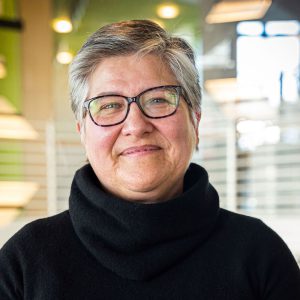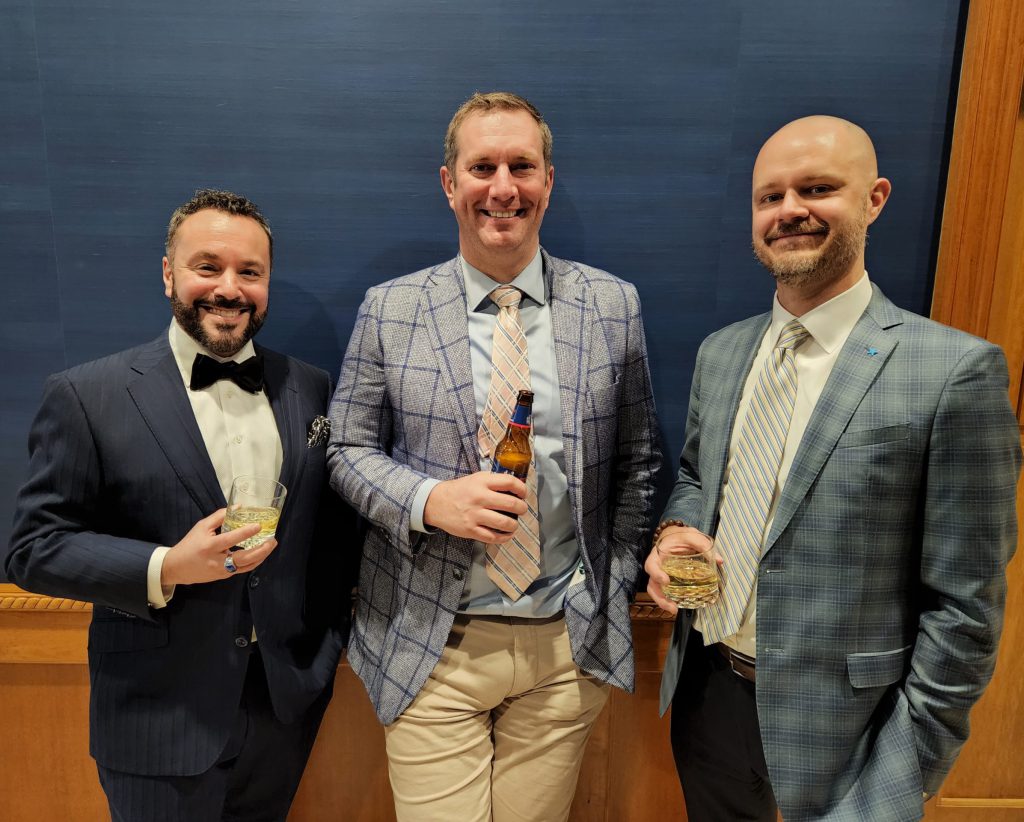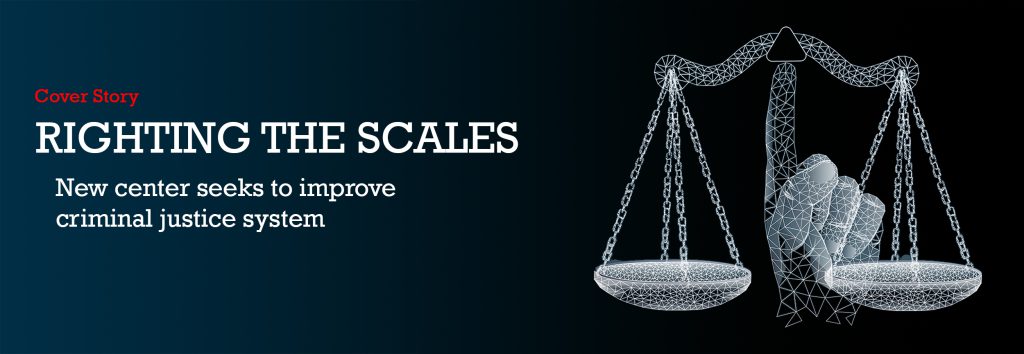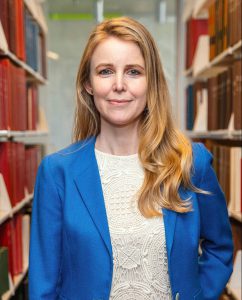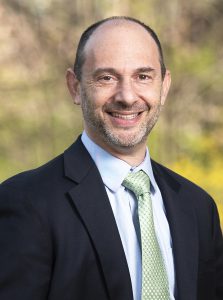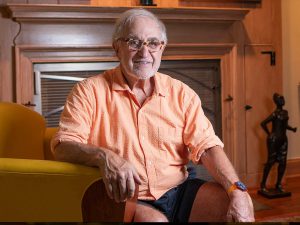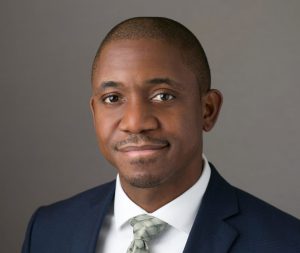By Adam Stone

Osasu Dorsey has built a career in public service since graduating from UBalt Law in 2009.
She has served as chief counsel of the Pipeline and Hazardous Materials Safety Administration (in the U.S. Department of Transportation), and as associate deputy general counsel for the U.S. Army. In July, she became White House senior associate counsel and special assistant to the President.
We caught up with Dorsey to learn what drives her.
What motivates you to focus on public service?
I come from a long line of public servants. My dad was a public servant, and so was my grandfather. It’s always been an interest of mine, and it’s in my spirit. I actually started my career in journalism for exactly that reason, to serve the public and to share information and support them. Participating in public interest programs in law school, such as the Low-Income Taxpayer Clinic, helped provide a solid foundation.
As for going the government route: For every single federal employee, your responsibility and duty comes from your oath of office. So you have an obligation as a federal employee to follow the law, and the legal office plays a huge role in helping agency officials execute the mission consistent with the laws, regulations and policies that have been put in place.
What do you focus on in your White House work?
I am on the ethics and compliance team in the White House Counsel’s Office. We advise and train White House employees on a wide range of matters, and manage the White House ethics program.

You’ve tackled issues around energy, ethics, DEI, hazardous materials, transportation, safety, nuclear security and cybersecurity. What skills do you draw on in addressing these very varied topics?
Having a passion for learning is huge — just being interested in what the clients do, what the mission of the agency is and how that serves the public, and committing to serve that purpose.
As the lawyer, you’re lawyering, but you also end up being close to clients in other ways: you’re someone they can bounce ideas off and consult because of your good judgment and discernment. I look to build a relationship with the client. It means always being willing to do more than your position description says, always being willing to serve where you’re needed.
Something I learned from one of my former bosses: Act like an owner. To me this means, own the work and the agency’s mission, and be willing to chip in where you’re needed. I believe that is a key to being successful in any role, including as the attorney.
How does being trained as a lawyer help?
Just like in journalism, part of being a lawyer is the ability to earn people’s trust — to just sit down and have conversations with them, to help them get where they’re trying to go. So definitely the communication skills, and the writing skills: just being able to communicate very clearly, concisely, for the audience that you’re talking to.
As a lawyer, you’re trained to be intuitive, and to be able to meet people where they are. Then you combine that with the communication skills, to pull out information from people and give them the best legal advice.
Career goals? Where do you see yourself in five or 10 years?
Every time I’ve been asked in interviews, I give my most honest answer, which is: I don’t know. I know that I want to follow my passion and my interests, and learn new things.
I don’t have a particular place that I want to be in the next year, or the next five years or 10 years. I know I want to continuously help people. I want to be in roles where I can take of my family, and do work that’s interesting.
Outside of work: any hobbies you’d care to tell us about?
I love cooking dishes from all over the world. Most recently? Well, every culture has their version of a kebab. Nigerian cuisine has something called suya. It’s basically street food, meat on a stick, seasoned with special kind of Nigerian seasoning. It’s one of my favorite foods and I just learned how to make it. I’m very proud of that.
Adam Stone is a writer based in Annapolis.

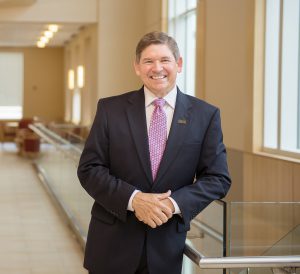
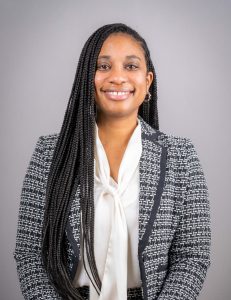 Since 1925, the School of Law has produced thousands of leaders for our city, state and nation. While the face of the legal field is always changing, from the integration of artificial intelligence to cybersecurity regulation, the goals of our applicants – and UBalt Law — remain the same. Our law school is increasingly reflective of the communities we serve, and it’s exciting to see how this impacts legal education and the legal profession.
Since 1925, the School of Law has produced thousands of leaders for our city, state and nation. While the face of the legal field is always changing, from the integration of artificial intelligence to cybersecurity regulation, the goals of our applicants – and UBalt Law — remain the same. Our law school is increasingly reflective of the communities we serve, and it’s exciting to see how this impacts legal education and the legal profession. 
